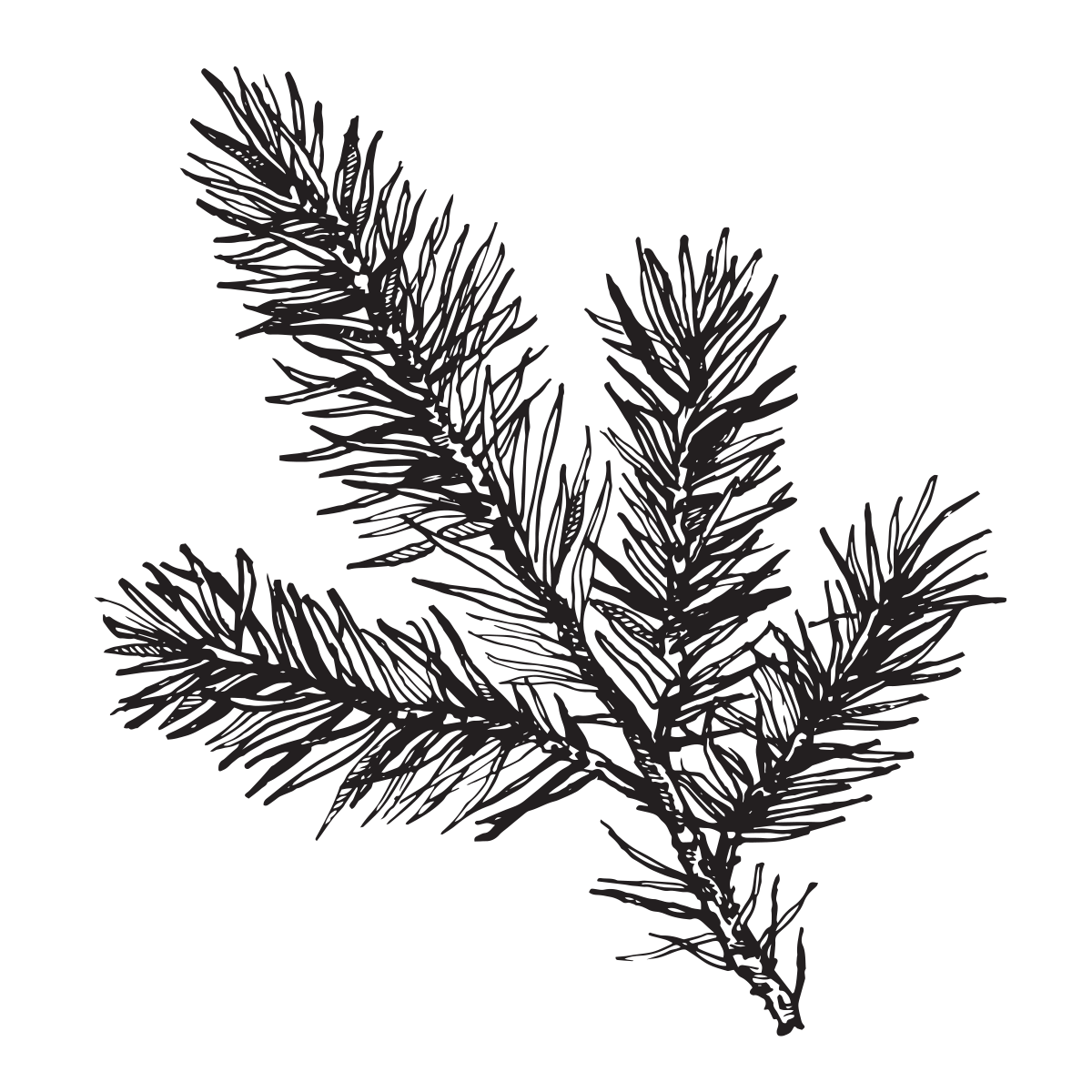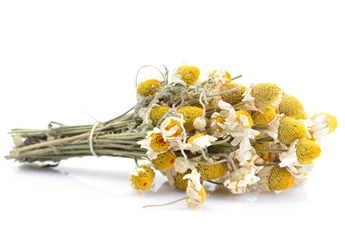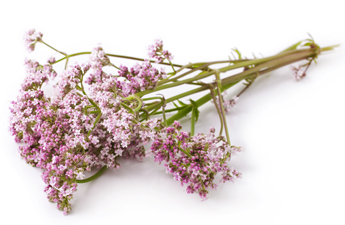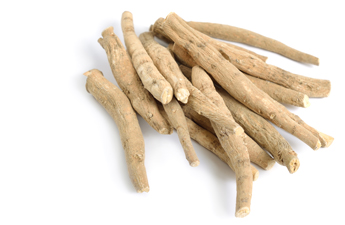Botanical name: Pinus koraiensis
Other names:
This refreshing and earthy flavoured tea is rich in compounds that are linked to better health. It has a long history of use as a medicinal herb in Asia, Europe and North America.
Pine needle tea has been traditionally used in Chinese medicine to alleviate the flu, hormonal imbalances and complications with vision. North American natives used it as an expectorant and decongestant for respiratory congestion. There is growing scientific research to support its use with viral infections and chest infections.
Pine needle tea is rich in polyphenols and antioxidants, which help our body deal with oxidative stress such as pollution and UV damage. Some studies strongly suggest that diets rich in polyphenols may offer protection against development of certain cancers, cardiovascular diseases, diabetes, and neurodegenerative diseases. One study also found pine needle to “exhibit strong antioxidant, antimutagenic, and antiproliferative effects on cancer cells and also antitumor effects in vivo and point to their potential usefulness in cancer prevention.”
Like any highly aromatic plant, Pine needles are packed with essential oils – primarily the terpene a-pinene (which is one of the many terpenes found in cannabis plants.)
α-Pinene is thought to benefit memory, likely due to its action as an acetylcholinesterase inhibitor, a class of compounds which are known to aid memory and increase alertness.
Pine needles also contain vitamin C, and have long been used as a remedy for scurvy. Of course, vitamin C also plays an important role in supporting immune function. Pine needle tea also contains around 1.5% shikimic acid, one of the key ingredients in the antiviral drug Tamiflu (but of course in much smaller amounts than the drug!).
Pine needles also contain Vitamin A, which is essential for our cornea and improving vision. It also improves hair and skin regeneration and improves red blood cell production.
Its safety during pregnancy is untested and therefore should be avoided whilst pregnant.
Preparation:
Crush or grind the pine needles to break down its protective coating. Use 2-3 grams per cup and steep for 10 mins.
References:
Chang Seon Song, Chi ung Mong (2006), Composition comprising an extract of pine needle for preventing and treating human disease caused by viruses and the use thereof.
Chung Shil Kwak, Sung Chae Moon, Mee Sook Lee; Antioxidant, antimutagenic, and antitumor effects of pine needles (Pinus densiflora). https://pubmed.ncbi.nlm.nih.gov/17474862/
Anna Lis, Aleksandra Kalinowska, Agnieszka Krajewska, Karolina Mellor; Chemical Composition of the Essential Oils from Different Morphological Parts of Pinus cembra L. https://pubmed.ncbi.nlm.nih.gov/17474862/

Pine Needle Common Uses
Pine Needle Actions
Pine Needle Recipes
Pine Needle Precautions
Avoid if pregnant or breastfeeding.
Buy Pine Needle online from the Happy Herb Co
![]()
Australia’s biggest range
![]()
25 years of customer satisfaction
![]()
Fast International delivery
![]()
100% secure online ordering




 Nextwave
Nextwave

